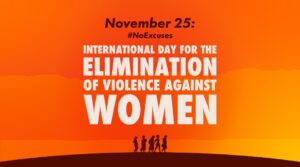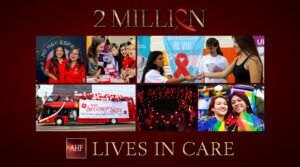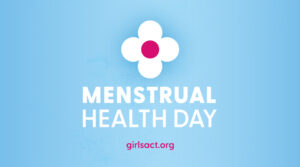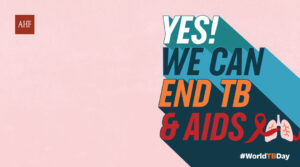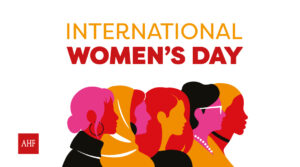43 years have passed since the first case was identified, and there have been huge advances since the first World AIDS Day. Can we finally end AIDS-related deaths?
Two facts to provide more context:
- HIV and AIDS are not the same. The human immunodeficiency virus (HIV) can be controlled with treatment to become undetectable and untransmittable. Acquired immunodeficiency syndrome (AIDS) is the long-term manifestation of the virus. Without treatment, symptoms are severe and fatal. Science has the solution, and no one should die from AIDS anymore.
- At the UN, governments committed to doing what’s necessary to end AIDS-related deaths by 2030. There are just 6 years left.
Since the first known case, the task has been collective and monumental. It was people with HIV, their friends, families, and healthcare teams who started the movement to demand answers. Much has been achieved since that first call for action.
First of all, today we know it’s not a death sentence if treated early and with continuous care. There are also now a range of prevention strategies. We understand the virus, how to prevent it, and how it progresses.
A pandemic that is not over yet.
In Latin America and the Caribbean, 2.5 million people live with HIV, and an estimated 54,000 died from virus-related causes last year. These deaths were preventable.
We must end the stigma.
People with HIV and governments know that when it comes to HIV and AIDS, what kills is stigma. That’s why urgent action is needed to prioritize access to prevention, testing, and treatment.
“Stigma remains a challenge in Latin America and the Caribbean, and many people still don’t know their HIV status or face barriers to accessing treatment,” explained Dr. Patricia Campos, Head of AHF’s Latin America and Caribbean Office. “On this World AIDS Day, we urge governments to implement inclusive policies that guarantee access to prevention, testing, and treatment for all. With a collective effort, we can move toward a future where HIV is no longer a threat.”
Dr. Patricia Campos, Head of AHF’s Latin America and Caribbean Office
This December 1st, World AIDS Day, AIDS Healthcare Foundation (AHF) and hundreds of organizations worldwide are coming together to remind us of the importance of keeping HIV on the public health agenda and strengthening efforts in prevention, testing, and treatment.
With the 2030 goal approaching, it’s crucial to redouble efforts to address the inequalities still affecting people with HIV. Inequities in access to healthcare and information limit the impact of prevention and treatment strategies, especially in vulnerable communities. Advancing towards equality in healthcare access is essential to reduce new infections and improve the quality of life for those living with HIV.
The coming years…
Do you defend the rights of people with HIV? It could be because you live with the virus, work in healthcare, or simply believe that everyone deserves to live. This day is a great opportunity to look back and see that changing the world is possible.
It’s also time to breathe, take a break, and regain strength. The next six years will be demanding.
AHF Latin America and the Caribbean reaffirms its commitment to supporting people on their journey to HIV diagnosis and treatment, offering free rapid testing services and access to treatment at its more than 120 care centers in Argentina, Brazil, Chile, Colombia, El Salvador, Guatemala, Haiti, Jamaica, Mexico, the Dominican Republic, Panama, and Peru. Join us and let’s put an end to AIDS!
Invitation to a Personal Growth Program
AHF Dominican Republic has recently launched the CREECE program for people living with HIV. The requirements to participate are being an AHF client, having been diagnosed as HIV positive within the last two years, and currently being on ART (antiretroviral therapy).
You will gain knowledge about HIV and its effects, as well as information on sexual and reproductive health. You will find a safe space for personal growth, as well as the opportunity to give and receive support from others who are on antiretroviral treatment.
And rest assured that we will protect your privacy.
To learn more about the program, the topics, and to register your participation, follow the link provided and contact the phone number listed. Stay adherent and in good hands with AHF Dominican Republic.

